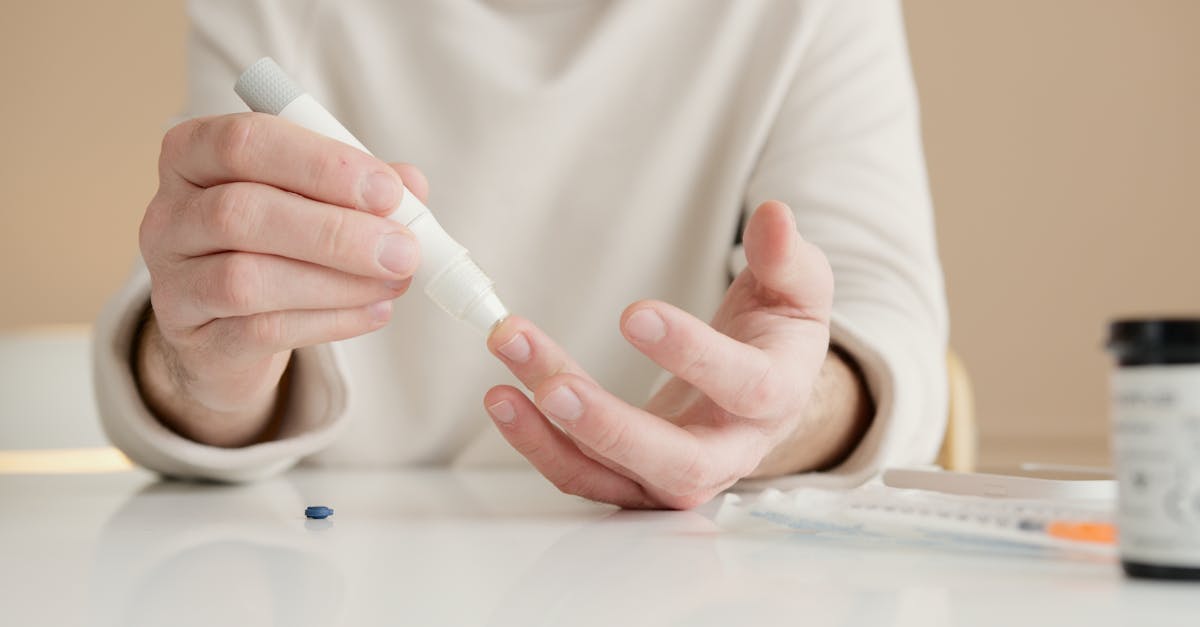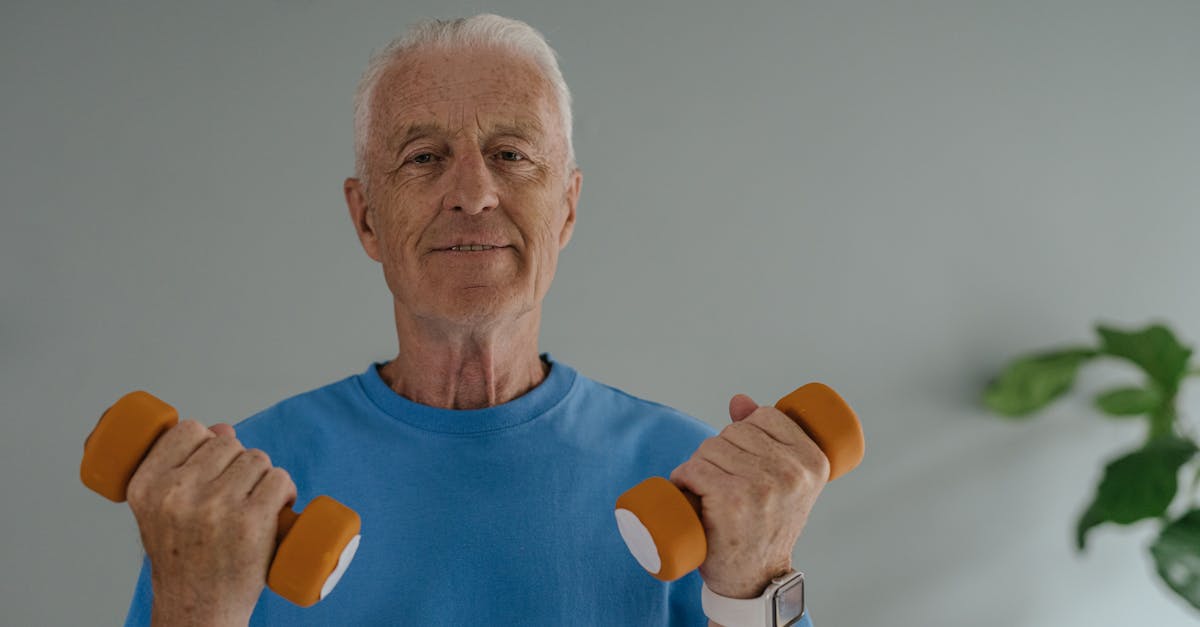The Benefits Of Regular Physical Activity For Longevity
Introduction
In today's fast-paced world, staying active is more important than ever. Regular physical activity is widely recognized for its numerous health benefits, including its role in extending life expectancy. By incorporating exercise into your daily routine, you can unlock a healthier, longer life.
Advertisement
Enhanced Cardiovascular Health
Physical activity strengthens the heart muscle and improves blood circulation. Regular exercise helps lower blood pressure, reduces bad cholesterol levels, and enhances overall heart function. This decreased strain on the heart contributes significantly to a longer lifespan.
Advertisement
Improved Mental Health
Exercise boosts mood and cognitive function. It reduces symptoms of anxiety and depression by promoting the release of endorphins, often dubbed as 'feel-good' hormones. A positive mental state not only improves quality of life but has been linked to increased longevity.
Advertisement
Weight Management
Maintaining a healthy weight is crucial for long-term health. Regular physical activity helps balance calories consumed and burned, regulating body weight. A healthy weight reduces the risk of chronic diseases such as obesity, diabetes, and heart disease, ultimately promoting a longer lifespan.
Advertisement
Stronger Muscles and Bones
Exercise enhances muscle mass and bone density. Strength training and weight-bearing activities promote bone health, reducing the risk of falls and fractures. Keeping muscles and bones strong helps maintain mobility and independence with age, contributing to a longer, healthier life.
Advertisement
Boosted Immune System
Regular exercise is known to enhance immune function, helping the body ward off illnesses and infections. A strengthened immune system is crucial for longevity, as it protects against diseases that can shorten lifespan. This immune boost is a vital aspect of an active lifestyle.
Advertisement
Better Sleep Quality
Physical activity often leads to improved sleep patterns. Regular exercise helps regulate sleep cycles, ensuring better-quality rest. Adequate sleep is essential for the body's repair and regeneration processes, directly impacting life expectancy and overall well-being.
Advertisement
Reduced Risk of Chronic Diseases
Engaging in regular exercise lowers the risk of developing chronic diseases such as type 2 diabetes, certain cancers, and hypertension. By protecting against these illnesses, physical activity plays a crucial role in promoting a longer, healthier life. Consistent exercise is a key preventive measure.
Advertisement
Increased Longevity
Numerous studies have shown a clear link between physical activity levels and life expectancy. People who engage in regular exercise tend to outlive sedentary individuals. Committing to an active lifestyle can add valuable years to one's life, enhancing not just longevity but also the enjoyment of those years.
Advertisement
Conclusion
In conclusion, the benefits of regular physical activity for longevity are profound and wide-ranging. From improved cardiovascular health to strengthened bones, exercise plays a vital role in extending lifespan. Embracing an active lifestyle not only enhances longevity but also enhances the overall quality of life.
Advertisement


